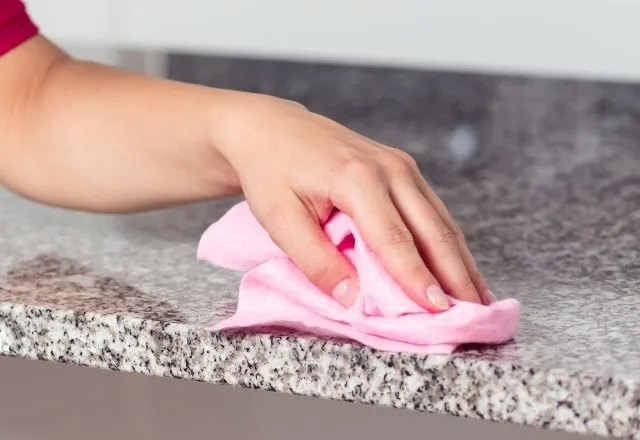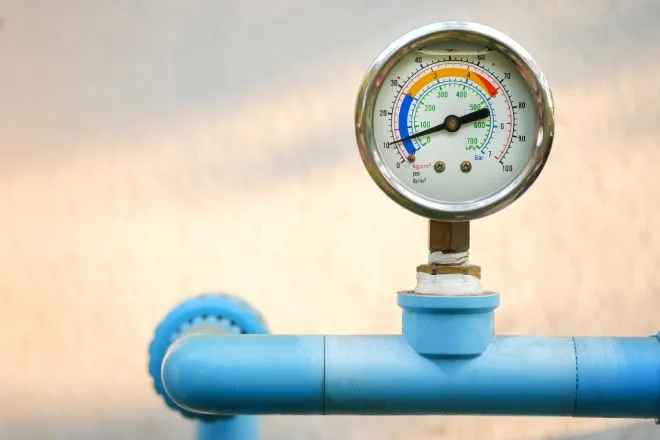
Tips for improving the lifespan of your home
©
As a homeowner, you want your house to stand the test of time. A well-maintained home provides comfort, safety, and security and increases in value and appeal over the years. With proper care and attention, you can avoid costly repairs and ensure your home remains a valuable asset. To help you improve your home’s lifespan, take the necessary steps now. Your home will thank you in the end!
Practice safe habits
Safe habits go a long way in protecting both your home and its occupants. Simple actions, such as turning off lights and appliances when leaving a room or avoiding overloading electrical outlets, prevent accidents and preserve the integrity of your home. Ensuring your smoke detectors and carbon monoxide alarms are functioning properly is another essential safety measure. Additionally, storing flammable materials safely and keeping fire extinguishers on hand can safeguard your home from potential hazards.
Clean regularly
Regular cleaning is about more than just appearances—it’s about preserving the condition of your home. Dust, dirt, and debris can build up in corners, carpets, and appliances, leading to wear and tear over time. Cleaning these areas is important, but it’s also important to take care of your home’s exterior.
For example, if you have stucco walls, proper cleaning is a must. To extend the lifespan of your stucco walls and your home, you should clean your walls and rinse off any residue. Being gentle is also important since cleaning too roughly, like with a pressure washer, can end up damaging your walls and home.
Stay on top of repairs
If you notice any damages or issues in your home, address them as soon as possible. Ignoring repairs—no matter how minor they may seem—can result in bigger problems down the line. For instance, a small crack in the wall could expand into a structural issue, or a leaky faucet could lead to water damage and increased utility bills. Tackling repairs promptly preserves the integrity of your home and saves you from the stress and expense of major renovations later.
Monitor moisture levels
Excess moisture is one of the most common culprits of long-term damage in homes. Left unchecked, it can cause mold growth, wood rot, and even structural issues. Pay special attention to areas prone to moisture, such as bathrooms, kitchens, and basements. Look for signs of leaks, condensation, or water stains and address them immediately. Then, you can work to improve ventilation so you can reduce condensation and prevent mold from growing.
When you follow these tips, you can improve your home’s lifespan and keep it in top condition for years to come. Proper maintenance is a practical way to safeguard your financial future. Start small, stay consistent, and enjoy the benefits of a home that stands the test of time!
















